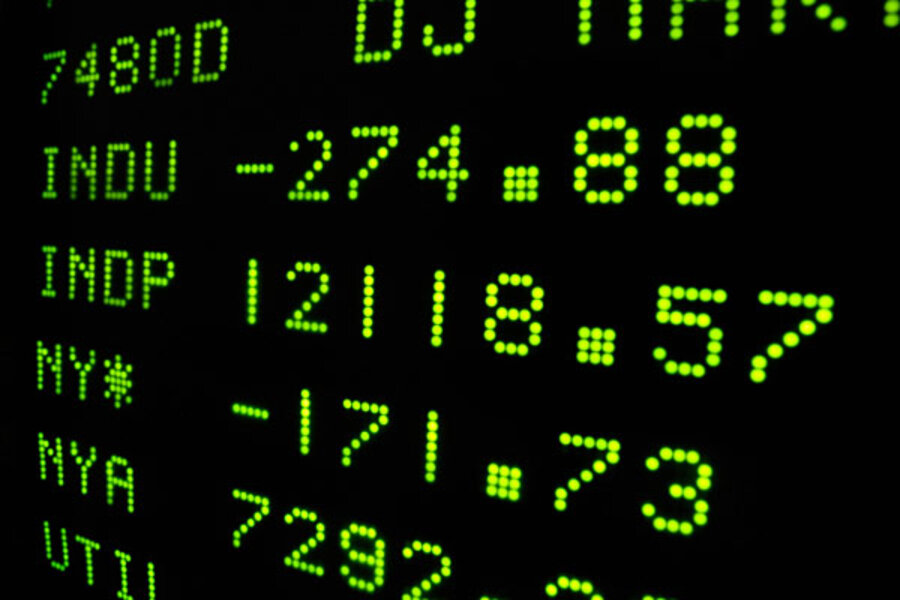The risk of recession is real, but most forecasters don't see it as the likeliest scenario. The United States has some forward momentum. Consumer spending has been rising modestly, the housing market shows some signs of healing, and bank credit conditions have been improving.
So even though the International Monetary Fund (IMF) expects the eurozone to experience a recession in 2012, it has pegged the US economy to grow at a 2.1 percent pace this year and 2.4 percent in 2013.
The big risk is eurozone uncertainty. If things play out badly, with Greece or other nations falling out of the monetary union, the recession there could become deeper and spill over into the global banking system – much like the collapse of Lehman Brothers deepened the financial crisis in 2008.
"Could we have a repeat of the Lehman situation? Very easily," says Tu Packard, a global economist at Moody's Analytics in West Chester, Pa. Global credit could freeze up as bankers and investors feel the fallout.
Like many other forecasters, Ms. Packard isn't expecting that dire outcome. But she says it's a real possibility. And remember, fore-casters weren't expecting the mayhem related to Lehman Brothers, either.








